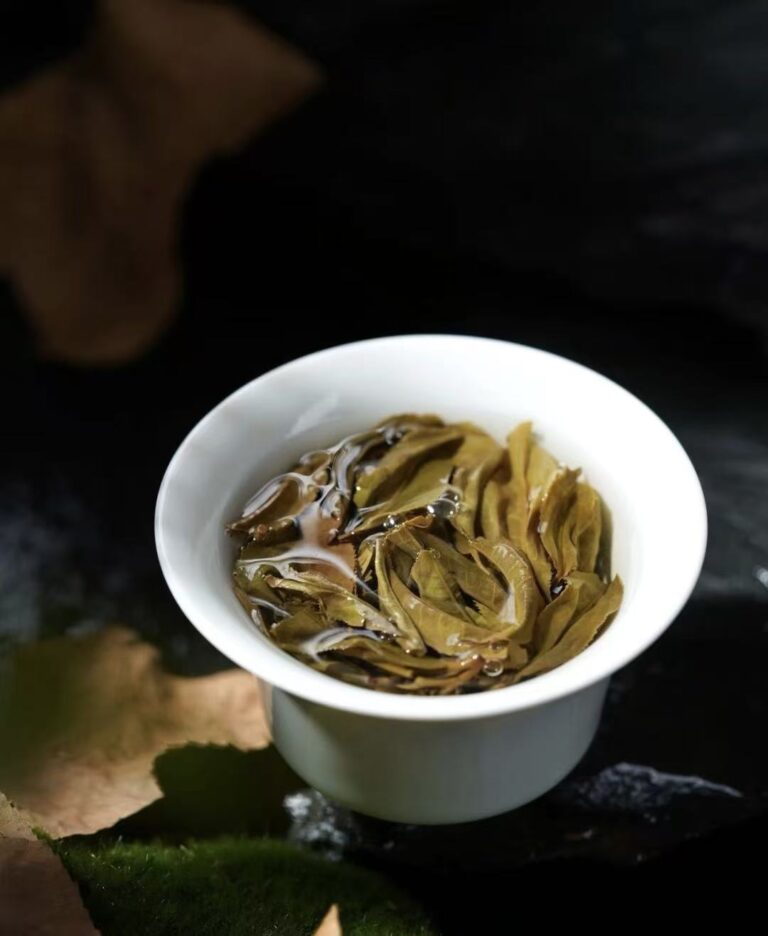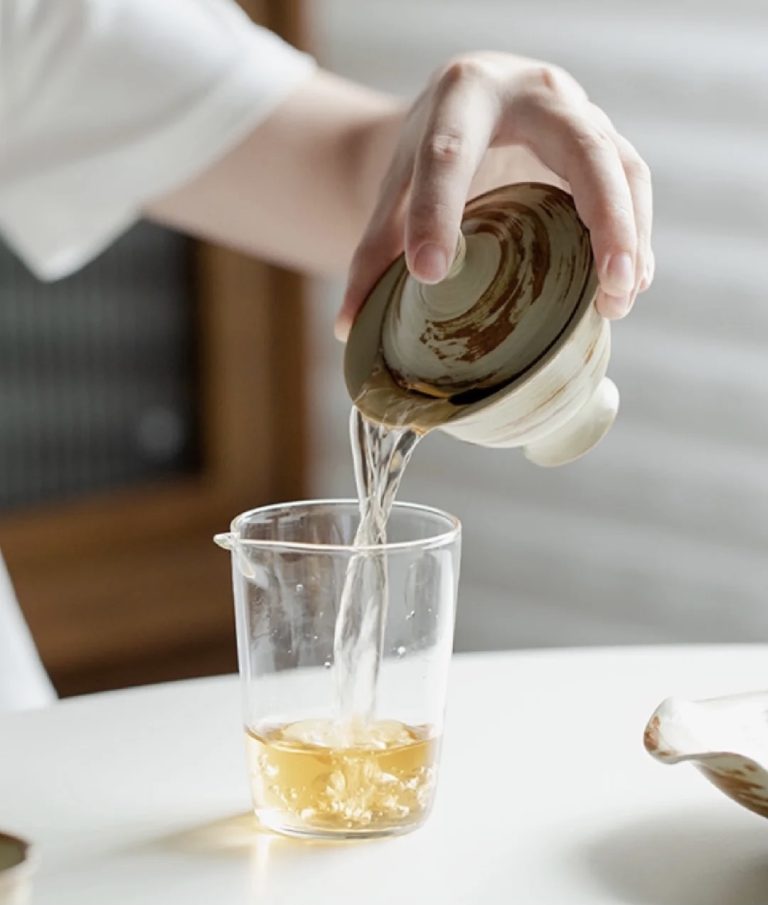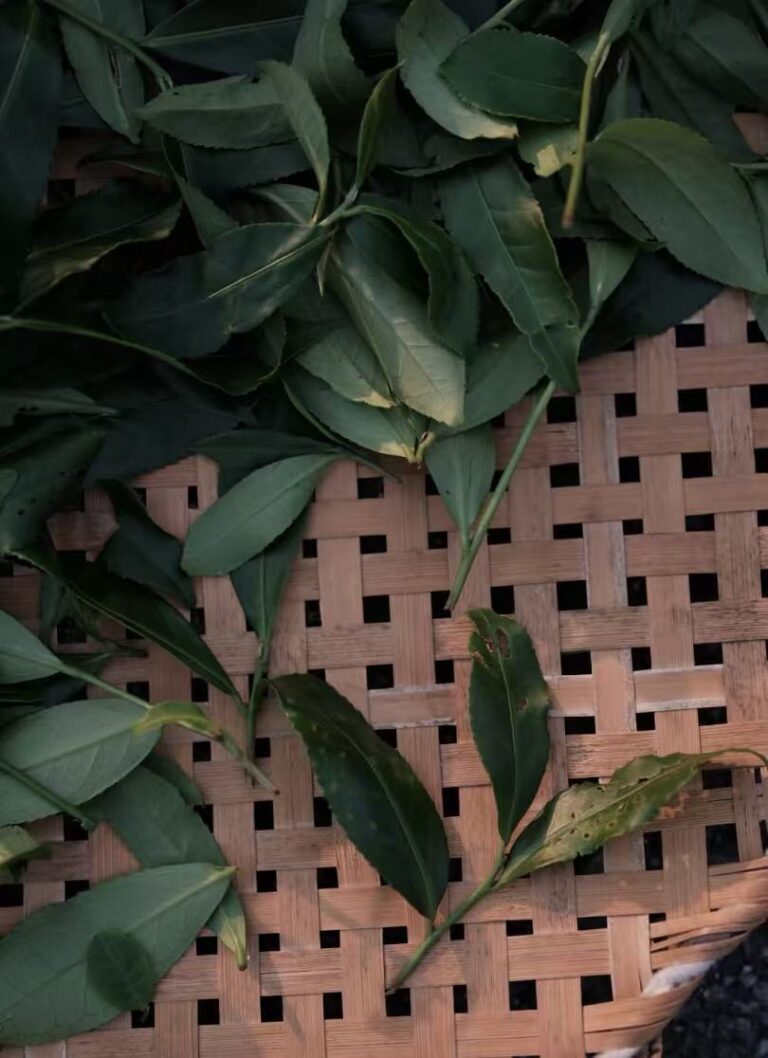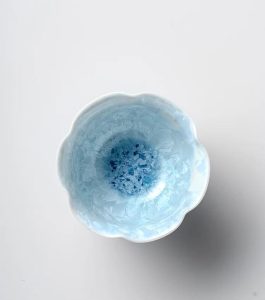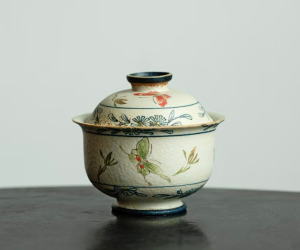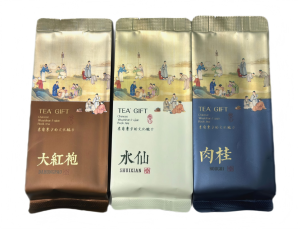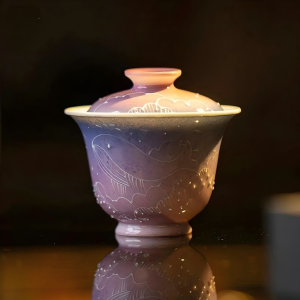
When you brew your favorite Wuyi Rock Tea and it tastes sour, it can be confusing. After all, this tea is famous for its “rock rhyme” (岩韵), that smooth, floral, and mineral-rich flavor. But is sourness part of that experience? Not necessarily. Let’s break down the three common reasons why your Wuyi Rock Tea might taste sour—and what to do about it.
The Three Causes of Sourness in Wuyi Rock Tea
Wuyi Acid (武夷酸) – A Positive Sourness
When people talk about the sourness of Wuyi Rock Tea, the most famous type is Wuyi Acid. This is a natural, healthy sourness found in the tea’s chemical composition. It’s often described as a mild, plum-like sourness. This type of sourness is a good thing—it’s a sign of well-made tea that’s undergone a proper fermentation process.
Return Green Sourness (返青酸) – A Negative Sourness
Return Green Sourness happens when tea that has been stored improperly “reverts” to a more green, grassy taste. This sourness is often stronger and unpleasant, making the tea taste bitter and sharp.
Why It Happens
If your Wuyi Rock Tea has been stored in a humid, sealed environment (with too much moisture), the tea can absorb water and revert to a “greener” state. When this happens, the tea releases acids like acetic acid, which creates an unpleasant sourness.
Signs to Look For
If you notice a sharp sourness in every infusion that doesn’t dissipate, accompanied by a grassy, vegetal taste, this is likely the Return Green Sourness.
Craft Sourness (工艺酸)
A Result of Incomplete Processing
If the tea wasn’t processed properly, you might encounter Craft Sourness. This is a defect caused by incomplete fermentation or improper drying during production.
Why It Happens
During the “green-making” process, the tea needs to go through specific steps, including proper shaking and drying. If the tea leaves are over-fermented or dried too slowly, it can lead to a sour, fermented taste that lingers unpleasantly.
Signs to Look For
If your tea smells musty or has a heavy, fermentative sourness that doesn’t evolve into sweetness or smoothness, it’s likely a case of Craft Sourness.
So, What Does This Mean for Your Tea?
Not all sourness is bad! In fact, the Wuyi Acid found in properly made and aged Wuyi Rock Tea can add a delightful complexity to the flavor profile. But if you’re dealing with Return Green Sourness or Craft Sourness, you may want to consider another batch or pay closer attention to how your tea is stored.
How to Avoid Sourness in Wuyi Rock Tea

- Buy Quality Tea: Ensure you’re purchasing well-made, high-quality Wuyi Rock Tea from reputable sources. This will reduce the chances of encountering unpleasant sourness.
- Store Tea Properly: Keep your tea in a dry, cool place. Avoid exposure to direct sunlight and moisture to prevent any unwanted sourness from developing.
- Age Your Tea: If you like the Wuyi Acid profile, consider buying a few teas for aging. With time, they can develop the rich, pleasant sourness that makes aged Wuyi Rock Tea so unique.
Looking for Premium Wuyi Rock Tea to Try?
If you’re ready to experience Wuyi Rock Tea for yourself—whether fresh or aged—check out our Premium Wuyi Rock Tea Sampler. You’ll get a taste of this unique tea that’s loved for its signature “rock rhyme” and rich complexity.
FAQs
No! Some sourness, like Wuyi Acid, is natural and a sign of a well-made, aged tea. However, sourness caused by poor storage or incomplete processing is undesirable.
If it’s Wuyi Acid, the sourness is part of the tea’s natural flavor profile and can be enjoyed. But if it’s Return Green or Craft Sourness, it’s best to discard the tea or contact the seller for a replacement.
Look for a smooth, balanced flavor with a slight fruity or floral sourness—this is Wuyi Acid at its best. The tea should evolve into a sweet, lingering finish.
Yes, properly stored Wuyi Rock Tea can improve significantly with age, developing deeper flavors and a more pronounced Wuyi Acid.

